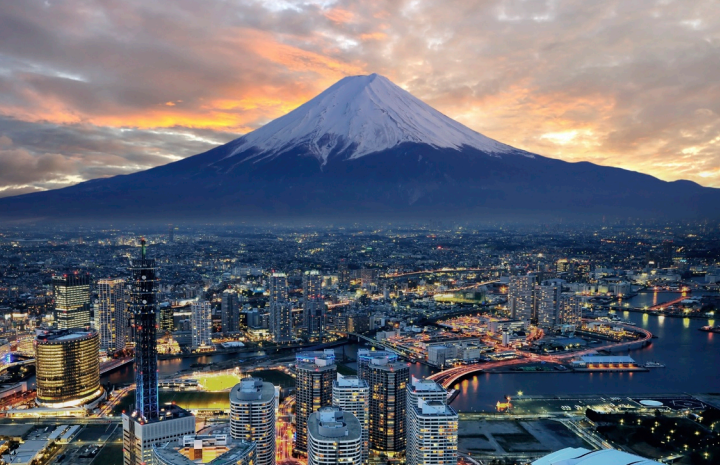
Japan’s Role as Leader for Nuclear Nonproliferation
A country with few natural resources, first Japan began to develop nuclear power technologies in 1954. Nuclear energy assisted with Japanese economic development and reconstruction post World War II. However, with the fear of lethal ash and radioactive fallout and the lingering effects from the 2011 accident at Fukushima-Daiichi Nuclear Power Plant, there are many concerns related to Japanese nonproliferation, security and nuclear policy.
In a FAS issue brief, Ms. Kazuko Goto, Research Fellow of the Ministry of Education, Culture, Sports, Science, and Technology of the Government of Japan, writes of Japan’s advancement of nuclear technologies which simultaneously benefits international nonproliferation policies.
While it is reasonable for governments to keep the most sensitive aspects of nuclear policies secret, the rights of their citizens to have access to general knowledge about these issues is equally valid so they may know about the consequences to themselves and their country.
Nearly one year after the Pentagon certified the Sentinel intercontinental ballistic missile program to continue after it incurred critical cost and schedule overruns, the new nuclear missile could once again be in trouble.
“The era of reductions in the number of nuclear weapons in the world, which had lasted since the end of the cold war, is coming to an end”
Without information, without factual information, you can’t act. You can’t relate to the world you live in. And so it’s super important for us to be able to monitor what’s happening around the world, analyze the material, and translate it into something that different audiences can understand.